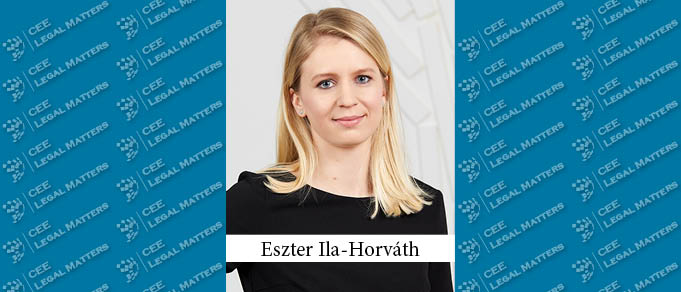EU Directive 2019/1937 on the protection of persons who report infringements of EU law was adopted in 2019 and should have been transposed into national law by the Member States until 17 December 2021. The Directive obliges the Member States to set up a three-step notification system.
First step is the so-called internal notification channel, whereby the notifier reports the infringement within the legal entity. Second step is the so-called external notification channel, whereby the notifier communicates the infringement to the competent national authority.
Third step is the publication of the infringement. The transposition of the Directive had not progressed smoothly; only 8 Member States have transposed the Directive into national law by the deadline.
In view of this, on 28 February 2023 a bill was submitted to the Hungarian Parliament with the aim of establishing the Hungarian rules in line with the provisions of the Directive (bill no. T/3089.) The bill requires employers with 50 or more employees to operate an internal abuse reporting (or whistleblowing) system. Employers with 50-249 employees may jointly establish an internal abuse reporting system. As a general rule, all public sector entities must set up an internal abuse reporting system (municipalities with less than 10 000 inhabitants and municipal bodies or public bodies with less than 50 employees are exempted).
The bill lays down the guarantee rules for the functioning of the internal whistleblowing system, the main issues related to the making, receiving and handling of whistleblowing reports, including the rules for monitoring the functioning of the internal whistleblowing system. In order to ensure external control, the operation of the whistleblowing system will be subject to the supervision of the Commissioner for Fundamental Rights.
By Eszter Ila-Horvath, Attorney at Law, KCG Partners Law Firm



